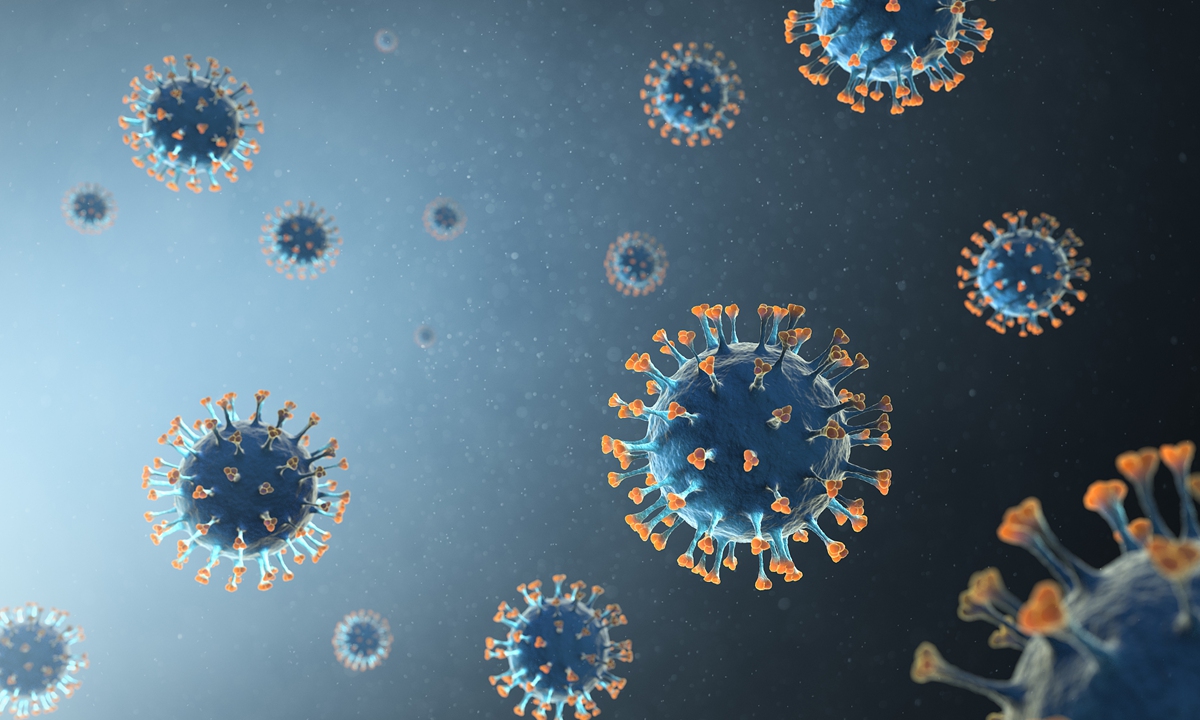
Photo: CFP
By 2030, China aims to establish a smart monitoring and warning mechanism with multiple triggers for infectious diseases. This system, featuring swift response capabilities and high efficiency, will be capable of monitoring and providing early warnings for emerging infectious diseases, unexplained mass illnesses, and key infectious diseases, China's National Disease Control and Prevention Administration, together with relevant authorities, said in a set of guidelines on Friday.
According to the guidelines, China aims to achieve a world-class level in its ability to detect epidemics at an early stage, carry out science-based appraisals and issue prompt early warnings.
The administration has also clarified the responsibilities of relevant disease control departments and medical and health institutions covering infectious disease monitoring and early warning.
In terms of conducting multi-channel infectious disease surveillance, the guidelines propose expanding eight surveillance channels for infectious diseases, including clinical syndrome, pathogenic microbiology, and host animal and environment-related risk factors.
In order to enhance the ability of early warning and forecasting, the guidelines call for improving the standards for verifying abnormal signal triggers, using big data, cloud computing, and artificial intelligence to automatically capture abnormal signals of infectious disease outbreaks. A multi-category, multi-scenario model library composed of algorithm models and knowledge graphs should also be built to predict the trend of epidemics, the guidelines stated.
The guidelines stressed that disease surveillance and early warning are crucial for preventing and mitigating the risk of infectious disease outbreaks, safeguarding public health, and maintaining economic and social stability. The administration will enhance coordination with relevant departments to ensure the effective implementation of the guidelines.
Global Times




